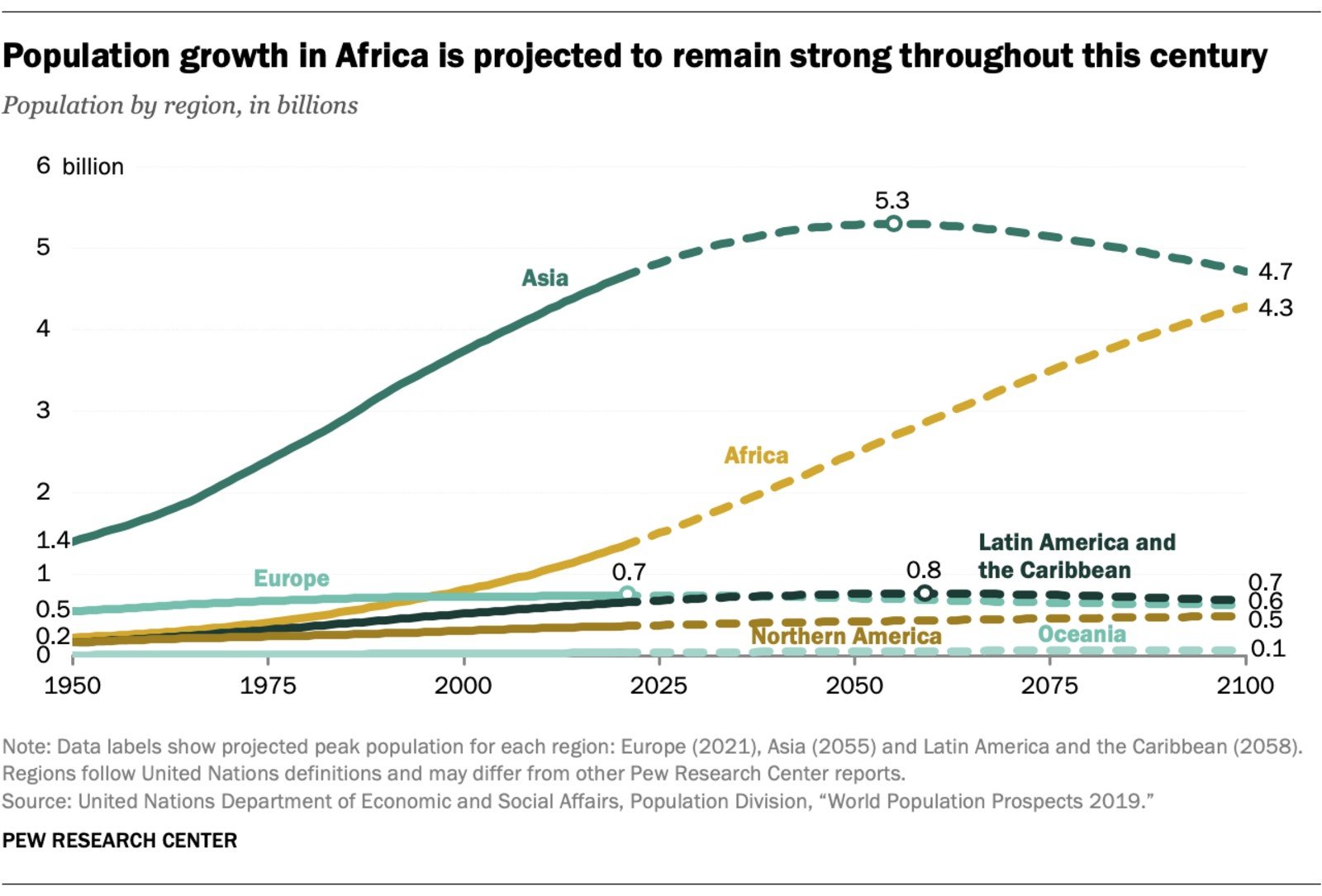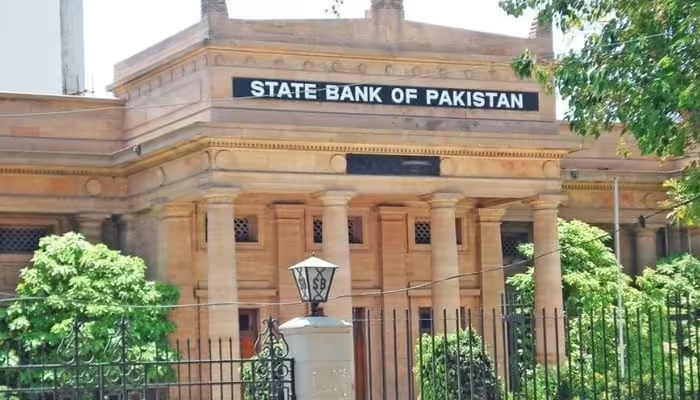Egypt, the most populous country in the Arab world, experienced a notable slowdown in population growth, reaching 1.4 percent in 2023, according to the planning ministry, marking its lowest rate in decades.
The issue of curbing population growth has been a prominent focus for Egyptian President Abdel Fattah al-Sisi, who attributes recent strains on services and government budgets to a high birth rate.
Official statistics indicate that Egypt’s current population exceeds 106 million, with approximately 60 percent of citizens living either below or near the poverty line. The country faces challenges such as water scarcity, limited job opportunities, and overcrowded schools and hospitals.
Data from the World Bank reveals that population growth in Egypt peaked at 2.8 percent in 1984-85, gradually declining to 1.9 percent in 2006, before experiencing a surge to 2.3 percent in 2014. However, the trend has since reversed, with a steady decline to 1.6 percent in 2022.
President Sisi has initiated ambitious mega-projects aimed at providing employment opportunities and enhancing infrastructure to accommodate the growing population. Critics argue that these projects drain resources and exacerbate Egypt’s debt burden.
In 2019, Egypt launched the “Two Is Enough” family-planning campaign, targeting traditional beliefs favoring large families, particularly in rural areas, as part of efforts to address population growth challenges.



